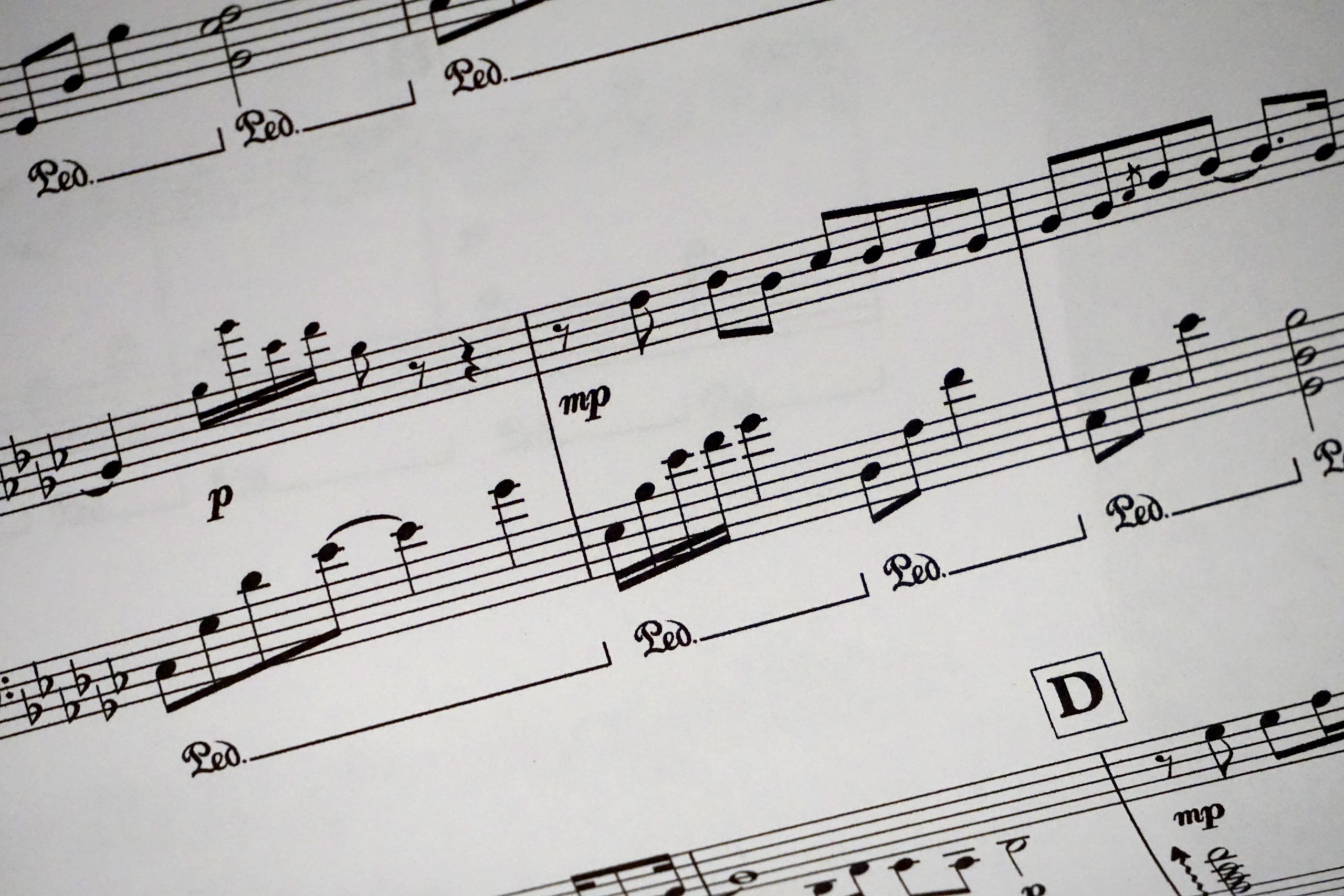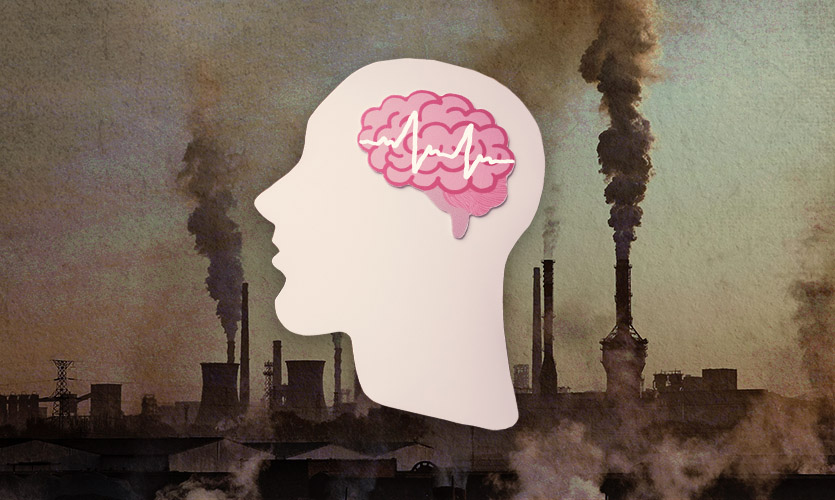There’s always a song stuck at the back of your head, like the one going on right now. But have you ever wondered the reason behind it? Recalling some melodies from your childhood is easier than trying to remember the tunes of something you heard recently. The reason lays in the constitution of the songs i.e. the notes that make its framework. The same way music therapy works. It offers certain frequencies to stimulate physical and psychological positive sensations within the listeners.
Music therapy is increasingly helping its practitioners reduce blood pressure, cholesterol, pain, risk of heart stroke and can improve memory. Also, it has been found that the senior citizens who listen to music often are less likely to experience anxiety and loneliness. Patients undergoing chemotherapy subjected to music too have shown reduced pain levels.
“Indian classical music has certain raags like raag Yaman and raag Bhairav, which when played or heard cause certain psycho-sensory positive effects.”, says Apoorva Pendharkar, a musician who holds an MA in Hindustani classical music. Music therapy’s prime aim is to cause a sense of positivity and inner healing solely by using music, in many ways. “There can be many ways in which we can use music to heal. It can be by either singing, playing an instrument, meditating with music or simply listening to it,” says Rajeeb Sengupta, a professional tabla player and a postgraduate from Bhatkhande Music Institute. However, this way of healing doesn’t cure any ailment and also cannot substitute any mainstream course of drugs.
“Music therapy alleviates post-surgery pain up to a certain level and may reduce anxiety levels amongst the patients”, says Dr Abhinav Pande, a psychiatrist at Vinay Neuro Psychiatric Centre in Indira Nagar, Lucknow. According to a 2017 study published in Research Corner by Jenny Quach, patients that were exposed to half an hour of music therapy along with traditional treatment methods experienced much lesser pain after spinal surgery than their counterparts who weren’t. “Music is all about sound, and sound definitely creates a sanguine effect on the listener”, mentions Pendharkar. What music therapy does is that it makes the listener/player feel optimistic which in turn strengthens both its emotional and psychological systems. Consequently, the healing process is accentuated. This is one of the reasons why you feel happy listening to certain songs of your choice.
“It is also believed that music can lead to the release of endorphins, the happiness hormone that makes you feel calm and induces the feeling of euphoria. Music therapy does exactly that,” remarks Dr Pande. And this is not applicable to only patients, anyone can opt for a calming music therapy session, for recreational purposes.










